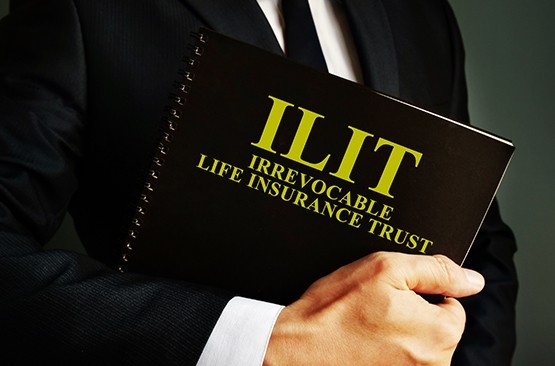If you live in Maryland or Washington D.C. and have an estate plan, you are not alone. But you are in the minority. As reflected in a caring.com survey, slightly more than 40 percent of Americans said they had a Will or some sort of estate planning document in 2017. This year, only 32 percent of those surveyed said they had these safeguards in place.
Experts say there are plenty of reasons for procrastination when it comes to estate planning. Some people think they don’t have time to deal with it. Some people think it’s unnecessary because they’re too young or because they aren’t rich. And some people think it’s just too complicated.
To be honest, estate planning can be confusing for someone without a legal or financial background. This is especially true when it comes to trusts, because there are different types for use in different situations. In this article, we’ll explain the key differences between revocable and irrevocable trusts.
Basic terminology
To frame this discussion, it is important that you understand some of the terms that are often used in this context.
- A trust is a legal and financial structure that is usually but not always managed by someone called a trustee. This person ensures that any assets put into the trust are used for the reasons you’ve specified. In other words, if you create a trust to pay for the ongoing care of a child with special needs after you die, the trustee will ensure that is how the money is used. Or, if you set up a trust to benefit your favorite charity, the trustee will ensure the assets are distributed accordingly.
- A testamentary trust is a trust that is created through your Last Will and Testament, or Will and does not take effect until after you die.
- A living trust is one that is created and effective while you are still alive.
Revocable and irrevocable trusts
You should also be aware that state laws govern the creation and use of trusts. If you live in Maryland, these are the key differences between revocable and irrevocable trusts.
A revocable trust is one that is established and funded while you are alive. As the grantor, or person who created the trust, you retain certain rights. Specifically, you can add or remove assets, or choose another trustee. You can do so as long as you are alive or until you lack the intellectual ability to act on your own behalf.
An irrevocable trust is one that you do not have sole discretion over as the grantor. This is because you basically relinquish any ownership rights to the property that you put into the trust. Because this may be permanent, it is important to get legal and financial advice before creating this type of trust.
The Code of the District of Columbia governs trusts created there. Someone who creates the trust is called the settlor.
Under Code § 19–1306.02, you can create a revocable trust if you are legally capable of creating a Will. As the settlor, you can make changes to or repeal a revocable trust by methods specified in the trust, or other methods allowed by law as long as you are legally capable of doing so.
Under Code § 19–1304.11, you, as the settlor, can approve any change to or the termination of a non-charitable irrevocable trust. You can do so even if the change or termination conflicts with a central purpose of the trust. However, the consent of all beneficiaries is also required.
The law also allows someone designated under your power of attorney, your guardian or your conservator to provide consent if you, as the settlor, are unable to do so.
Of course, this is just a general overview. To learn more about creating revocable and irrevocable trusts in Maryland and the District, or whether these trusts are viable options for you, contact Colbert Law Firm today (301)576-6200.
